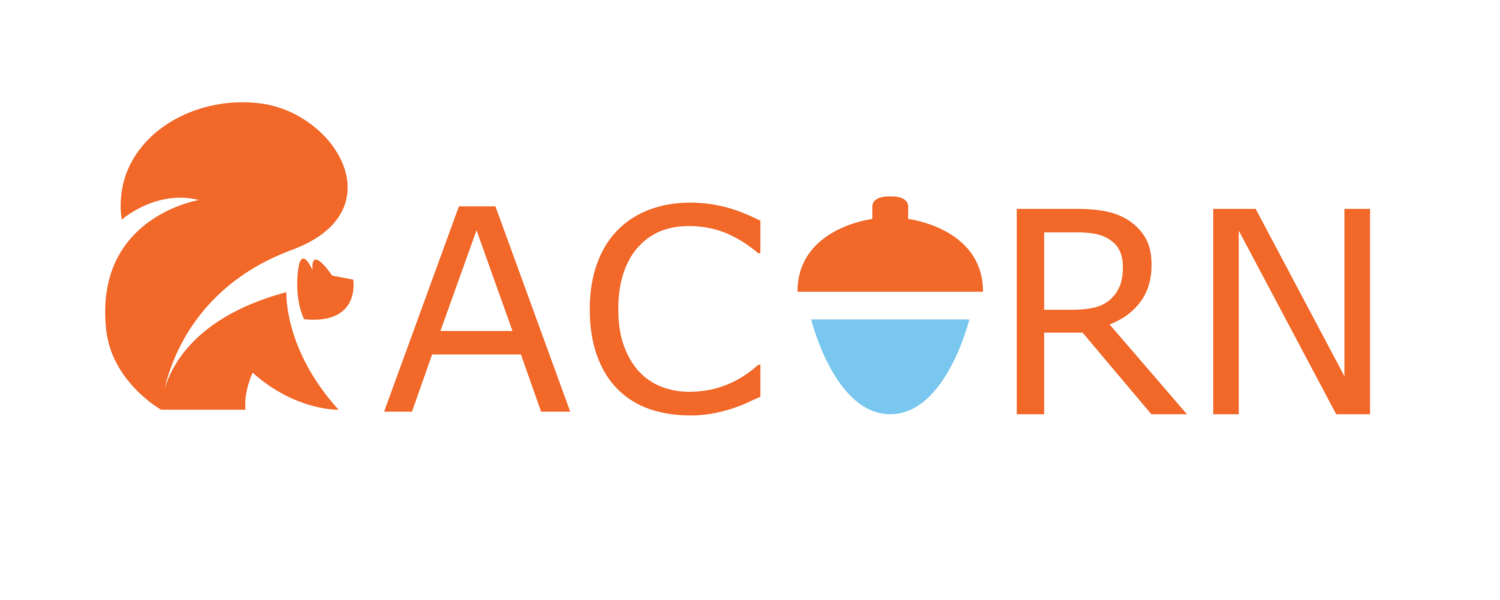Do you often feel like you’re racing against time? Business and busy may share etymological roots (through the Old English verb ‘bisgian,’ which meant to attend to, be concerned with, be diligent), but doing business is more than just about being occupied.
A History of Busy
As feudalism slowly came to an end during the late medieval period, new, freer trading systems distributed wealth much more evenly. Unbound by vassals, fiefs, and obligations, merchants could now earn more for their work, and many chose to take on more work as a result.
Capitalism and the notion of the free market aligned perfectly with the Protestant ethic, as described by Max Weber in 1905. People were always busy, but busyness and money-making had now been given a divine purpose: God gave us time, and time is money.
Less Is More
We carry many of these notions with us to this day. Work pays the rent, but we often fill our schedules without thinking twice about it. We might make more than enough, but we work extra hours regardless.
The problem with ‘busy culture’ is that it destroys productivity. You see, most of us aren’t great multitaskers. By filling our schedules and constantly dividing our attention, we end up doing more harm than good. We can never focus 100% on the projects that really matter because we’re always thinking about those other, less significant tasks.
Productivity isn’t defined by the total hours we work. You’re much more likely to get work done if you’re focused, relaxed, and not stressing over deadlines. Here’s what Acorn’s founder, George, had to say about his own work schedule:
Mondays are always my most productive days as I find I am relaxed, focused, and excited to work. I've moved towards blocking a little more time for creative and fun work on Wednesdays so that this mid-week 'break' boosts my Thursday productivity.
And he’s not alone in this. As a writer, I’ve found that I’m more productive when my to-do list is limited to one big (or two small) articles per day. As work piles up, everything—from researching to writing, structuring, and formatting—just takes more time to complete.
How to Battle Busy Culture
By having team members spread around the globe, Acorn can be online 24/7, even if the individuals are not. When we’re not working, we can switch off our phones and turn our attention to other things. Not only is this disconnect necessary, but it also refills our batteries, giving us more energy to remain productive throughout the week.
You, too, can get more done working smarter, without working harder. Try to:
Gather your daily tasks into groups, such as meetings, core responsibilities or admin.
Estimate how much time you spend on these tasks and track that time for a couple of weeks. Compare your data against your estimations.
If certain groups take up more time than you originally thought, prioritize tasks based on their impact and importance.
Set specific timeframes and block similar tasks together to avoid distractions. Account for last minute requests with spare time blocks within the day.
By remaining focused, you can be active and attentive without spending more time at the office. Get your creative juices flowing by respecting boundaries and keeping your personal life separate from work.
More importantly, make sure you take care of yourself. Work can be fun, exciting, and inspiring, but it needn’t take precedence over your personal life.
And yes, you CAN do business without being too busy all the time.

